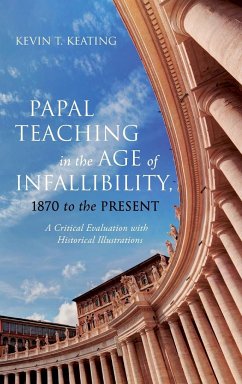Abhishikt¿nanda (also known as Henri le Saux OSB) is among the most studied Roman Catholic expatriates in India. His life and work have been investigated mainly in the fields of spirituality and interreligious dialogue. While his search for the spiritual awakening is well known, however, less known is his effort to reawaken the sacramental sensibility within the Roman Catholic Church. No scholar has, in fact, extensively analyzed Abhishikt¿nanda's understanding of issues surrounding nature and the supernatural. In this book, the focus is primarily on Abhishikt¿nanda's concern for the sacramental character of all created existence in terms of the connection between the ecclesial character of his spiritual search and the underlying theme of his theological and literary writings. While the scope of this study is limited, it nonetheless subjects Abhishikt¿nanda to an interpretative turn by proposing a reinterpretation of him as primarily a product of mid-twentieth century French Roman Catholicism in transition from the reigning neo-Scholasticism to the theology of ressourcement.








